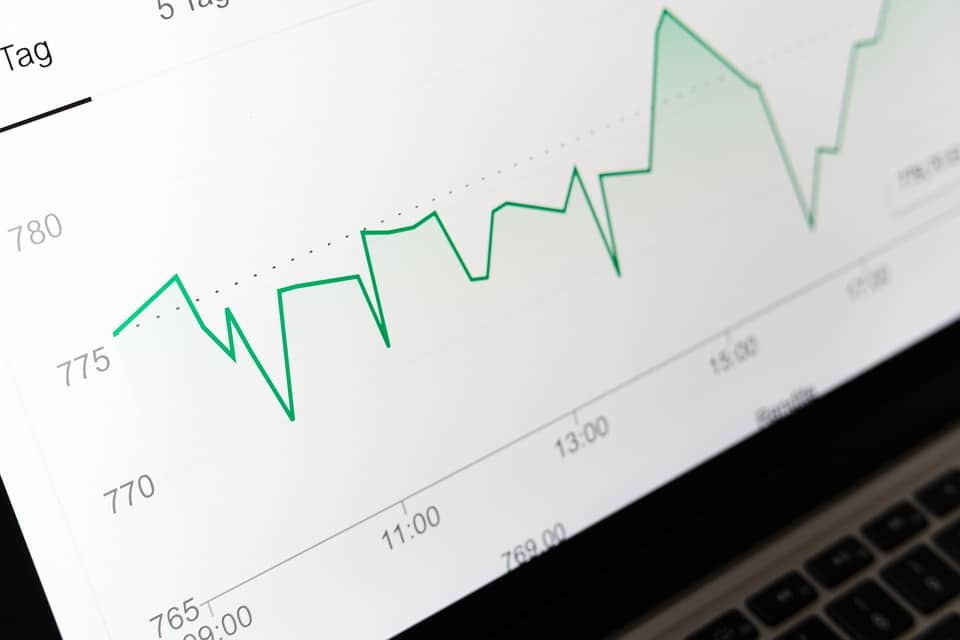Inflation and Your Future: How Rising Prices Can Affect Your Long-Term Financial Goals
As the cost of living continues to rise, inflation becomes a growing concern for individuals and families. The effects of inflation can be far-reaching, impacting not only our daily expenses but also our long-term financial goals. In this article, we’ll delve into the world of inflation and explore how it can affect your future, as well as provide practical tips on how to mitigate its impact on your personal finance and savings.
What is Inflation?
Inflation is a complex economic phenomenon characterized by a sustained increase in the general price level of goods and services in an economy over time. It’s measured as an annual percentage increase in the Consumer Price Index (CPI), which tracks the prices of a basket of goods and services. In other words, inflation is the rate at which prices for everyday items are rising.
How Does Inflation Affect Your Future?
Inflation can have a significant impact on your long-term financial goals, including:
- Reduced Purchasing Power: As prices rise, the value of your money decreases. This means that the same amount of money can buy fewer goods and services than it could in the past. For example, if you saved $100,000 in a savings account earning 2% interest, it would take approximately 11 years for the money to grow to $120,000. However, if inflation is 3%, the purchasing power of that $120,000 would be equivalent to only $104,000 today.
- Decreased Savings: Inflation can erode the value of your savings over time. If you’re saving for a specific goal, such as retirement or a down payment on a house, inflation can reduce the purchasing power of your savings. For instance, if you’re saving $1,000 per month for a down payment on a house and inflation is 3%, the value of your savings would be reduced by 36% after 10 years.
- Increased Debt: Inflation can make debt more expensive, as interest rates often rise in response to inflation. This can increase the amount of money you owe on debts, such as credit cards, mortgages, or student loans. For example, if you have a credit card with a balance of $10,000 and an interest rate of 20%, inflation could increase the minimum payment by 10% over the next year, making it more challenging to pay off the debt.
- Lower Investment Returns: Inflation can reduce the returns on your investments, such as stocks, bonds, or mutual funds. When inflation is high, investors often demand higher returns to compensate for the loss of purchasing power, which can reduce the value of their investments.
Practical Tips to Mitigate the Impact of Inflation on Your Personal Finance and Savings
While it’s impossible to completely eliminate the effects of inflation, there are several strategies you can use to minimize its impact on your personal finance and savings:
- Diversify Your Investments: Spread your investments across different asset classes, such as stocks, bonds, and real estate, to reduce the impact of inflation on your portfolio.
- Use Inflation-Indexed Investments: Consider investing in instruments that offer returns tied to inflation, such as Treasury Inflation-Protected Securities (TIPS) or inflation-indexed savings accounts.
- Save and Invest Regularly: Consistently saving and investing a portion of your income can help you stay ahead of inflation and build a safety net.
- Adjust Your Spending Habits: As prices rise, be prepared to adjust your spending habits and prioritize your needs over wants.
- Consider Long-Term Care Insurance: If you’re planning for retirement, consider purchasing long-term care insurance to protect your savings from the risk of inflation-driven healthcare costs.
Conclusion
Inflation can have a significant impact on your long-term financial goals, including reduced purchasing power, decreased savings, increased debt, and lower investment returns. However, by understanding the effects of inflation and implementing practical strategies to mitigate its impact, you can protect your personal finance and savings. By diversifying your investments, using inflation-indexed instruments, saving and investing regularly, adjusting your spending habits, and considering long-term care insurance, you can build a stronger financial future.
FAQs
Q: What is the current inflation rate?
A: The current inflation rate varies by country and can be found on the website of the country’s central bank or statistical agency.
Q: How can I measure the impact of inflation on my savings?
A: You can use an inflation calculator or a savings calculator to estimate the impact of inflation on your savings.
Q: Are there any ways to increase my returns during times of high inflation?
A: Yes, investing in assets that historically perform well during periods of high inflation, such as commodities or precious metals, may be a viable strategy.
Q: Can I rely on interest rates to keep up with inflation?
A: No, interest rates may not always keep pace with inflation, especially during periods of high inflation.
Q: Should I withdraw from my retirement account during times of high inflation?
A: No, it’s generally recommended to leave your retirement account alone and let the money grow over time. Withdrawals can trigger taxes and penalties, and inflation-indexed instruments can help keep up with rising costs.
By understanding the impact of inflation on your personal finance and savings, you can make informed decisions to protect your financial future. Remember to diversify your investments, use inflation-indexed instruments, save and invest regularly, adjust your spending habits, and consider long-term care insurance to build a stronger financial future.

Leave a Reply